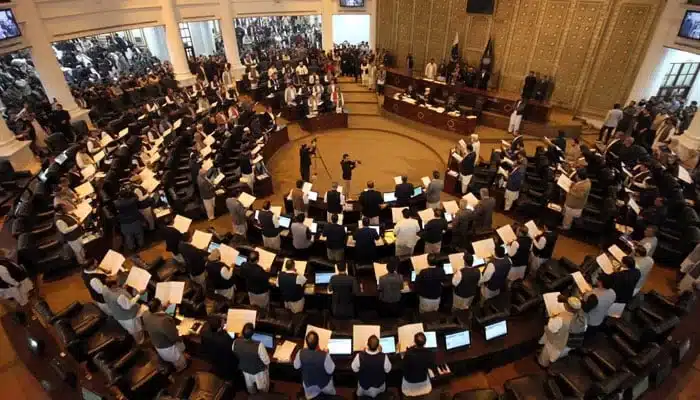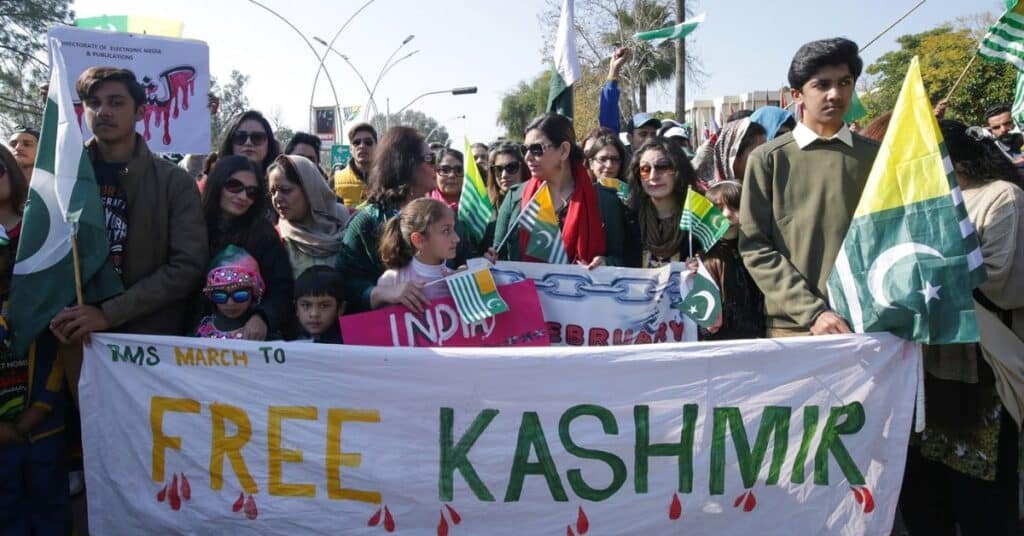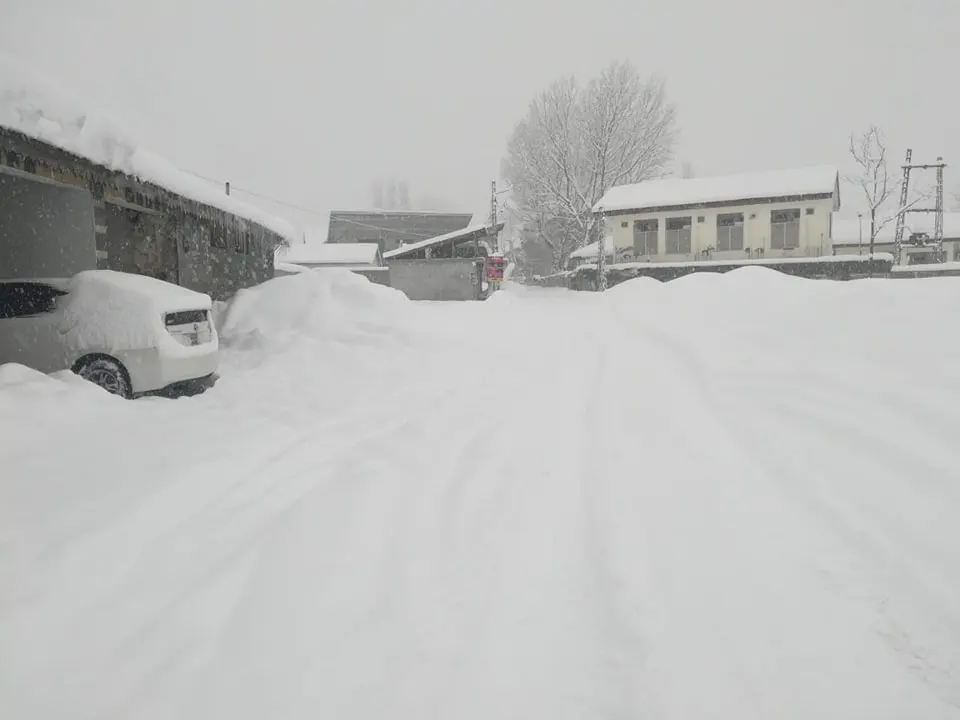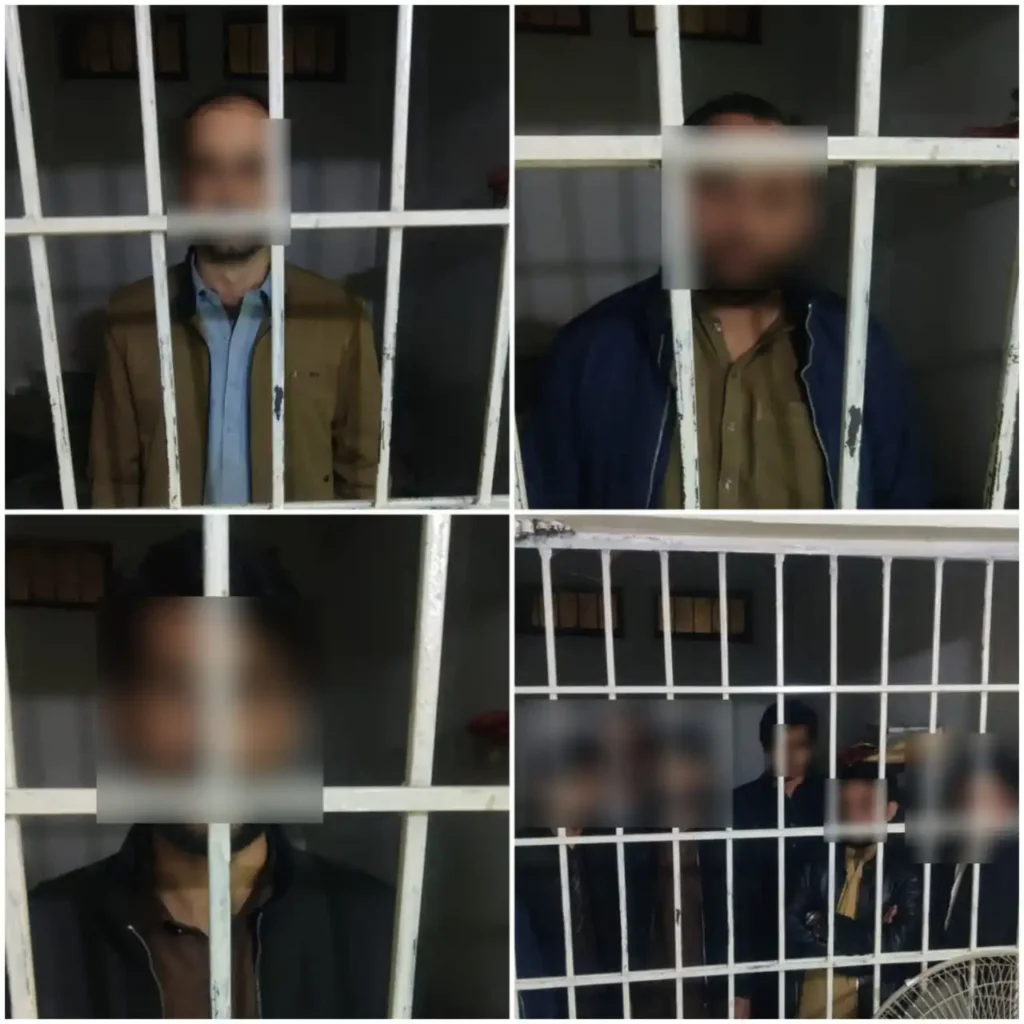The opposition parties’ seats have increased to 52 in the Khyber Pakhtunkhwa (KP) assembly after the allocation of reserved seats.
The allocation of reserved seats for minorities and women has increased the number of opposition members in the Khyber Pakhtunkhwa Assembly to 52.
With 19 seats, the Jamiat Ulema-e-Islam (JUI) has become the largest opposition party in the provincial assembly. Following a recent Supreme Court decision, JUI gained 8 additional women and 2 minority seats.
The Pakistan Muslim League-Nawaz (PML-N) now has 16 members in the assembly, having secured 6 women’s and 1 minority seats.
The Pakistan Peoples Party (PPP) has also benefited, increasing its number to 11 members with the addition of 5 women and 1 minority seat.
Both the Awami National Party (ANP) and the Pakistan Tehreek-e-Insaf (PTI) have each received one reserved women’s seat.
As a result, there are now 92 independent members in the Khyber Pakhtunkhwa Assembly.
Read also: Awami National Party challenges reserved seats allocation
The Awami National Party (ANP) has filed a petition challenging the Election Commission’s decision regarding the allocation of reserved seats in the provincial assembly, claiming that the party has been unfairly deprived of its rightful representation.
The petition, submitted through Advocate Babar Khan Yousafzai, states that the Election Commission did not allocate the reserved seats by law and the current representation of the party in the assembly. According to the ANP, the party initially won one seat in the general elections, based on which it was allotted one reserved seat for women.
However, following the victory of ANP candidate Nisar Baz in the Bajaur by-election, the party’s total strength in the provincial assembly has increased to two seats. The petition argues that, in light of this development, the ANP is now entitled to two reserved seats instead of just one.
The party maintains that despite raising this issue with the Election Commission, no hearing has been held and no appropriate action has been taken. As a result, the ANP has now approached the relevant court to seek justice.





